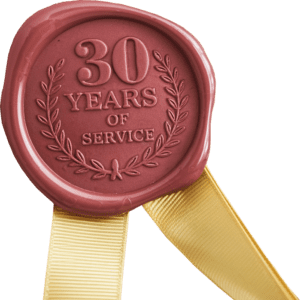Maximising Your CRM Investment: Don’t Let IT Drive the Implementation
Why is a CRM not an IT implementation?
Commissioning a CRM is a business decision. It’s essential to have input and involvement from various business stakeholders, including sales, marketing, customer service, and management teams, in the planning and decision-making process. While IT can play a critical role in implementing and maintaining the CRM, it shouldn’t be the sole driver of the initiative. Instead, the IT team should provide the technical expertise and support to ensure that the CRM system meets the business’s specific needs and requirements.
Where can an IT-lead implementation go wrong?
- Insufficient user training: If the IT team is leading the implementation, they may not have experience in training end-users. This can lead to low user adoption rates, poor data quality, and a lack of understanding of the system’s benefits.
- Poor data management: CRM systems are highly dependent on data. If the IT team isn’t experienced in data management at scale, the implementation may suffer from poor data quality. This would lead to inaccurate insights and lost opportunities for the business.
- Limited integration with other business systems: Usually, CRM systems should be integrated with other business systems, such as marketing automation, ERP, and e-commerce systems, to ensure seamless operations. Sometimes IT teams prioritise technical compatibility over business needs, resulting in limited or ineffective integration, data silos, and inefficient processes.
- Inadequate focus on the customer experience: IT teams tend to focus on technical features and functionality, rather than on the customer experience. The result may be a system that does not meet customer needs, resulting in lost business and poor brand reputation.
- Lack of executive buy-in: A successful CRM implementation requires the support of the executive team. Your IT team might not have the internal relationships or communication skills to secure executive support, resulting in limited resources and a lack of commitment to the project.
- Ineffective change management: Implementing a CRM system involves significant change for the business, including new processes, data management procedures, and reporting requirements. Depending on the composition of your IT team, they may lack the Change management skills to communicate and manage the changes.
- Insufficient customisation: A CRM system should be tailored to meet the specific needs of the business. If the IT team is leading the implementation, they may not have the business context to customise the system adequately, resulting in inadequate reporting, data analysis, and automation.
- Inadequate measurement and analysis: CRMs should measure and analyse customer behaviour, preferences, and trends. IT departments may not have the business context to measure and analyse the right data, often leading to inadequate insights and ineffective decision-making.
- Limited focus on business outcomes: IT departments normally focus on technical aspects of projects, rather than on the business outcomes they aim to achieve. This can lead to a system that is well built but misses the business goals, resulting in wasted time and resources.
CRM implementation requires a cross-functional approach that involves both IT and business stakeholders. While IT handles the technical aspects of the implementation, the ultimate success of the project depends on the alignment of the CRM with business needs.


